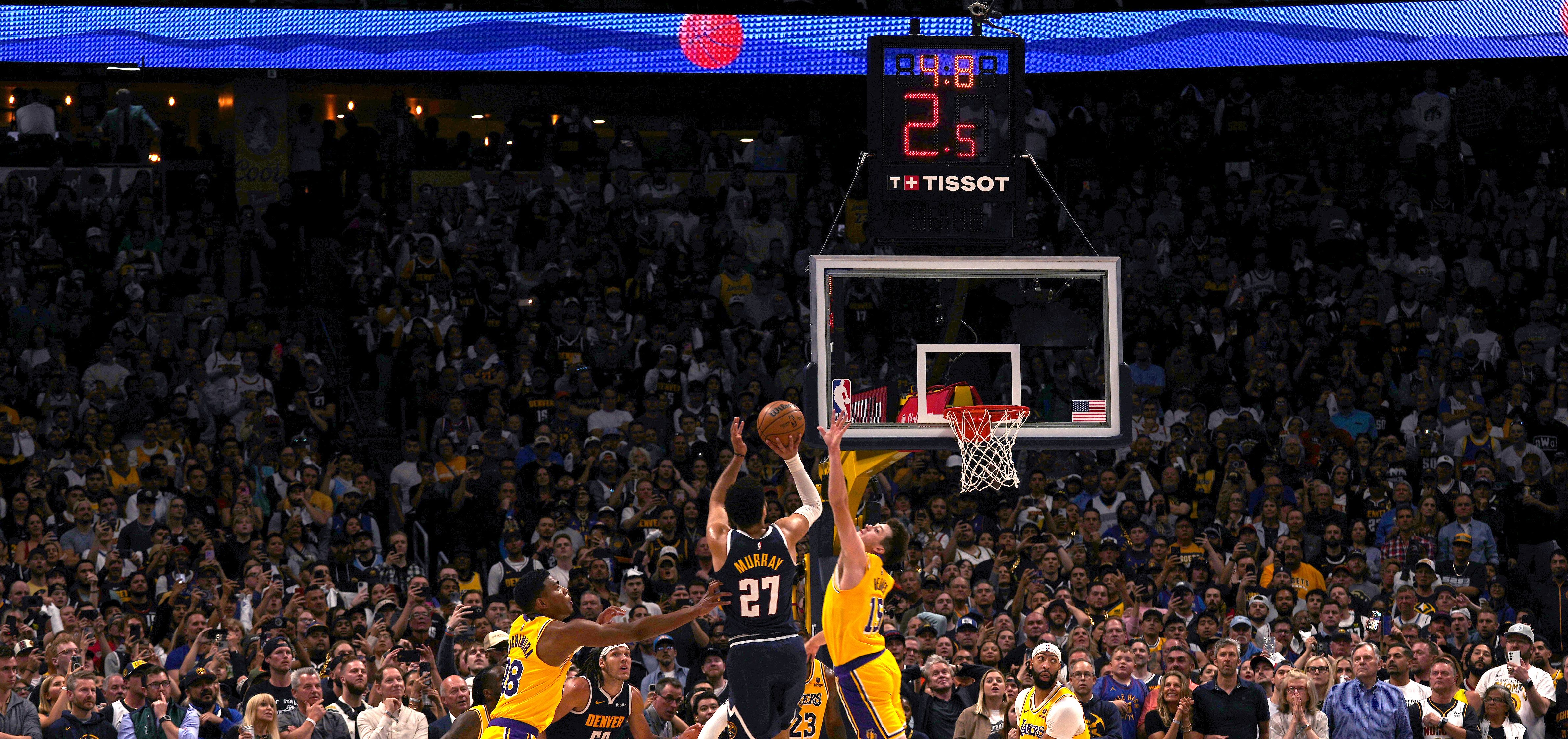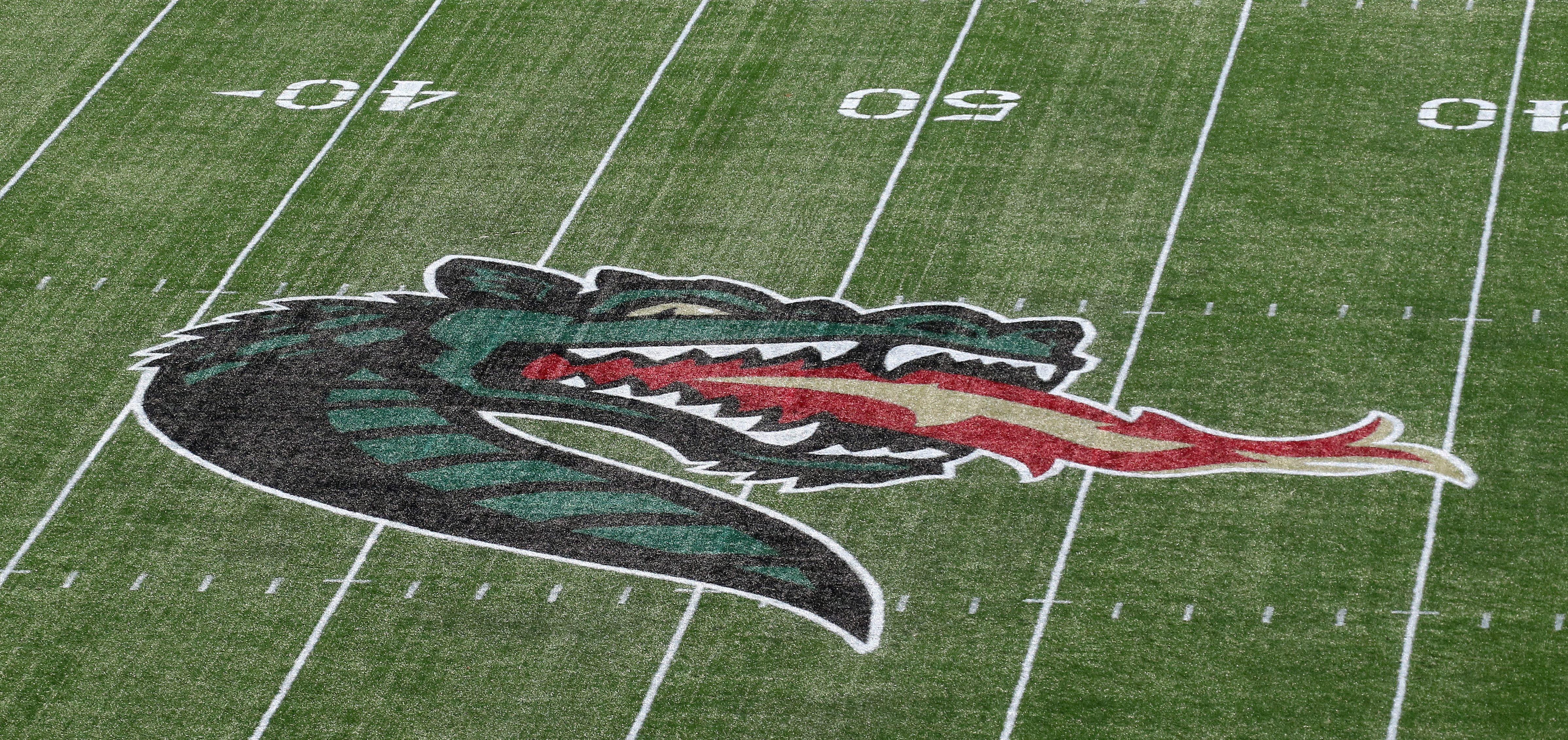The North Koreans are coming, a surprising development that adds a bit of intrigue to the Winter Olympics.
The Russians are coming, too, and probably in greater numbers than most suspected in the wake of an official ban for running a doping scheme that made a mockery out of the last games in Sochi.
No, they won't wear Russian uniforms, and the country's medal count won't be tallied on the big board in Pyeongchang. There will be no playing of the Russian national anthem should they win gold medals, which they surely will.
Yes, the Russians will be in South Korea, despite an official ban of the country from the Olympics. The only real question now is how many cheaters will be among them.
Forty-two of the 43 Russian athletes given lifetime Olympic bans for doping at the 2014 Winter Games have appealed to the Court of Arbitration for Sport, hoping still to be allowed to compete at next month's Olympics. Their appeals have been fast-tracked, with the cases to be heard beginning Jan. 22 with verdicts issued by Jan. 31.
Among them is speed skater Olga Fatkulina, who just last weekend won gold in the women's team sprint at the European Championships. Another banned skater, Alexander Rumyantsev, won two silver medals in the competition held in Kolomna, Russia.
Both were part of the Russian team in Sochi that dominated the medal counts for all the wrong reasons. Russians won 33 medals in all, a number that has officially now been reduced to 20 after Olympic officials stripped many medal winners for their participation in the doping scheme.
Sports
Patriots, Red Sox, Bruins, Celtics and more
That both are still competing in major competitions — and could conceivably still compete in Pyeongchang — is yet another reminder of the difficulties of eliminating a drug culture that has long been pervasive in international sports.
The Russian ban is not really a ban at all, no matter how the Court of Arbitration for Sport rules on the banned athletes. Russia already won a concession to have its athletes referred to as "Olympic Athlete from Russia," or "OAR" and you can be sure the Russian medals will be tallied, whether officially or not.
The head of Russia's Olympic committee last month said there could be 200 Russians competing in South Korea, not that far off from the 232 that competed for the home country in the 2014 Olympics in Sochi.
They may not hear their anthem or see their flag, but they're still competing for their country. And they will win enough medals to make their presence known.
That's a problem, because the Russians have already demonstrated that they will do anything they can to win medals. They won so many of them in Sochi that they led the medal count, thanks in part to an elaborate state sponsored system of rigging drug tests in the Sochi anti-doping laboratory.
Whatever Russian athletes do in Pyeongchang will be suspect, no matter what uniform they're wearing. And that does a disservice to the athletes competing against them, who will have to wonder if they are on a level playing field.
The viewing public also has a right to be suspicious. The Winter Olympics are the ultimate showcase for ice and snow sports, but viewers might start tuning out if they believe the competitions themselves are too flawed to be fair.
The good news for South Korean organizers is there will be another storyline to distract from the Russian scandal. That will be the inclusion of a few North Korean athletes in a rare rapprochement between the two countries.
Unlike the Russians, the North Koreans won't win any medals. Figure skating team Ryom Tae Ok and Kim Ju Sik are the only athletes who have qualified for the games from their country, though a few others could be invited as a goodwill measure by the International Olympic Committee.
Bringing the two Koreas together, even if it is only for show, is a good thing. There's a lot at stake on the Korean peninsula that goes far beyond sports, even at highest level of the Olympics.
The North Koreans should be there, even if just a few athletes actually get to cross the border.
The Russians, meanwhile, should have just been told to stay home.
____
Tim Dahlberg is a national sports columnist for The Associated Press. Write to him at tdahlberg@ap.org or http://twitter.com/timdahlberg



